EFIC Think Tanks | Biographies
Honored Guests
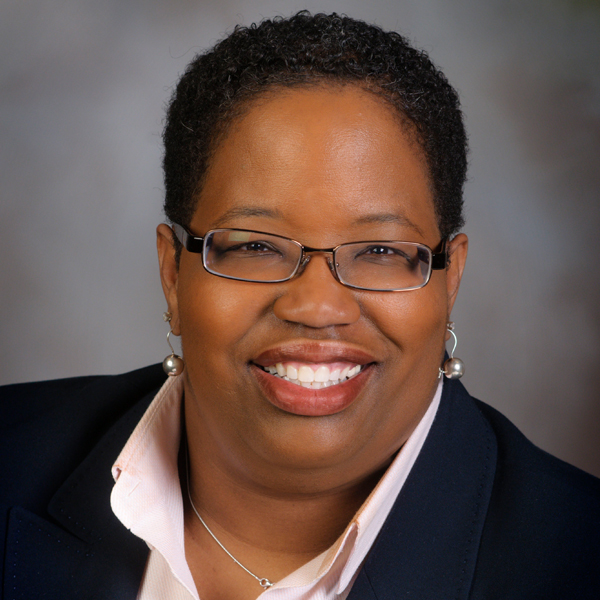
Stephanie Adams
Old Dominion
Stephanie G. Adams, is the dean of Old Dominion University’s Frank Batten College of Engineering and Technology. Her research interests include broadening engineering participation; faculty and graduate student development; international and global education; teamwork and team effectiveness, and quality control and management.
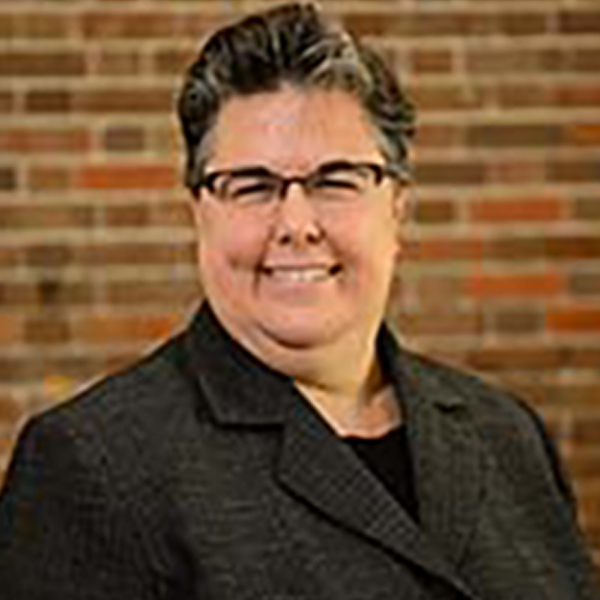
Karen High
Clemson University
Dr. High is an Affiliate Professor for Project Lead the Way pre-Engineering and has worked with the UTeachEngineering Program at the University of Texas. Her main technical research interests are Sustainable Process Design and Multicriteria Decision Making. Her engineering education activities include enhancing mathematics, communication skills, critical thinking and creativity in engineering students and teaching science and engineering to education professionals.
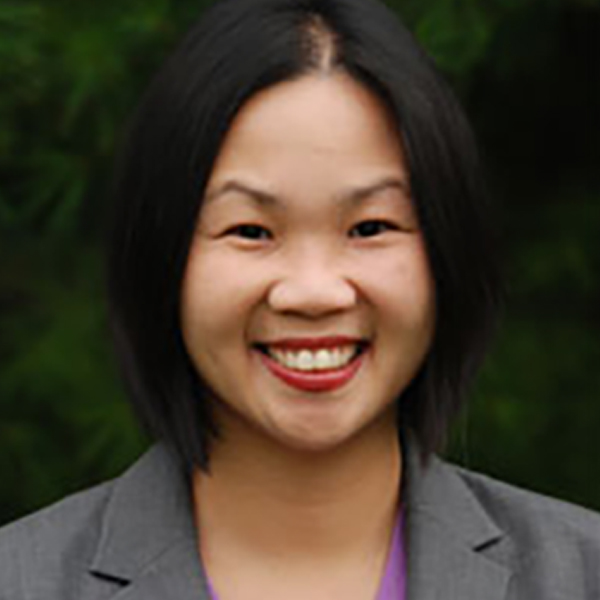
Joyce Main
Purdue
Joyce Main, Assistant Professor of Engineering Education, earned an Ed.M. in administration, planning, and social policy from the Harvard Graduate School of Education, and a B.A. in integrative biology from the University of California, Berkeley. She also received her Ph.D. in learning, teaching, and social policy from Cornell University focusing on higher education policy, social stratification, organizational behavior, and quantitative methods.
Her research focuses on factors that influence diversity in higher education institutions, and examining programs and policies that influence postsecondary engineering student academic and employment success.
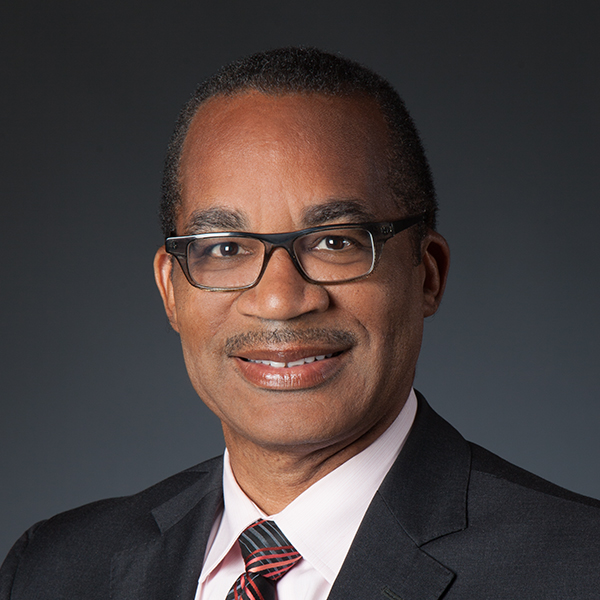
Timothy Pinkston
University of Southern California
Dr. Timothy Pinkston is Vice Dean of Faculty Affairs at University of Southern California’s School of Engineering He is also a Professor and Director of the Computer Engineering Division of the EE-Systems Department. His research interests include the development of deadlock-free adaptive routing techniques and on-chip network and router architectures for achieving high-performance communication in microprocessor and parallel computer systems—scalable parallel processor and cluster computing systems.
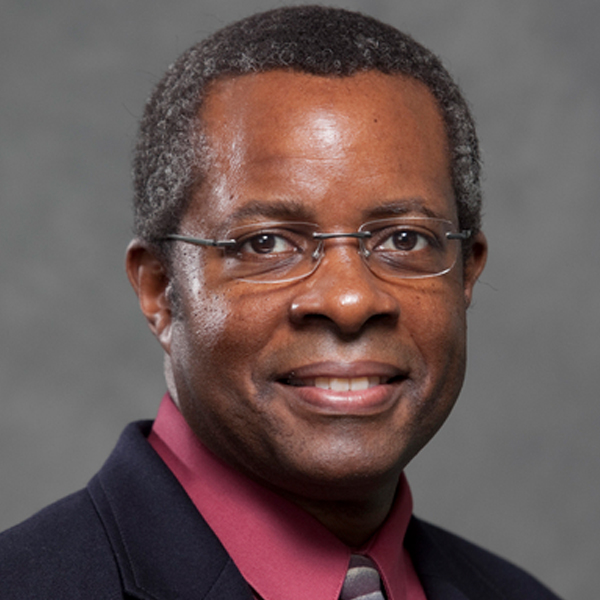
Chris Swan
Tufts University
Prior to obtaining his Sc.D. degree in civil and environmental engineering from MIT, Swan worked for GZA Geoenvironmental, Inc., a national engineering consulting firm specializing in geotechnical and geoenvironmental engineering projects. He has presented a number of technical seminars and guest presentations in the areas of site remediation techniques, solid waste management, and various topics in engineering education.
Swan currently teaches undergraduate-level courses where he continues to champion the development, implementation, and assessment of community engagement efforts in engineering education.
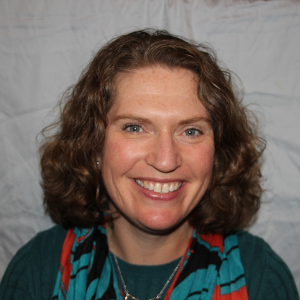
Beth Cady
NAE
Dr. Elizabeth T. Cady is a Program Officer at the National Academy of Engineering (NAE). In addition to administering the FOEE Symposium, her work focuses on the innovative policies, practices, and tools designed to enhance the effectiveness and efficiency of systems for the formal, informal, and lifelong education of engineers. She graduated with M.S. and Ph.D. degrees in Cognitive and Human Factors Psychology from Kansas State University and a B.A. in psychobiology and political science from Wheaton College in Massachusetts.
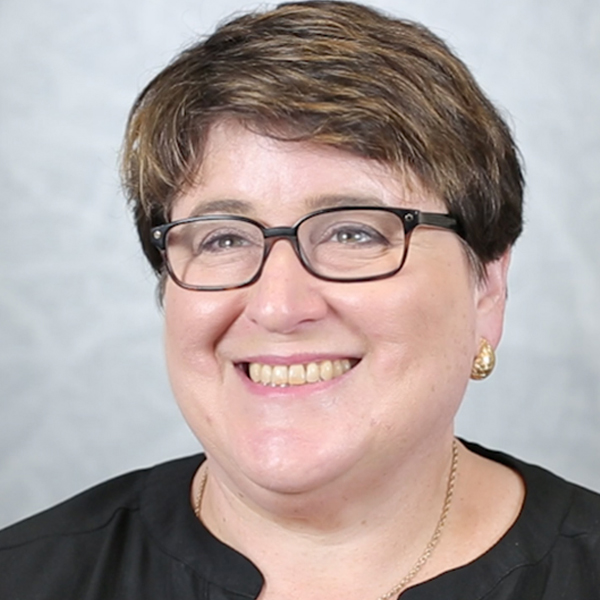
Rachel Kleit
Ohio State University
Professor Rachel Garshick Kleit is the associate dean for faculty affairs in the College of Engineering at Ohio State University. She teaches courses on affordable housing policy, metropolitan policy, social equity, and advanced planning theory.
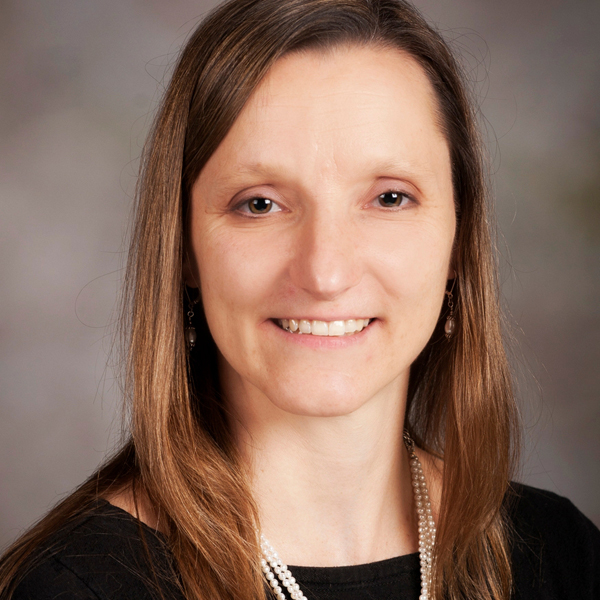
Holly Matusovich
Virginia Tech
Holly M. Matusovich is an Assistant Professor and Assistant Department Head for Graduate Programs in the Department of Engineering Education at Virginia Tech. She holds a B.S. in Chemical Engineering from Cornell University, an M.S. in Materials Science from the University of Connecticut, and a Ph.D. in Engineering Education from Purdue University. Dr. Matusovich came to academia after nearly 12 years in engineering practice. She currently teaches in the first year engineering program and also in the engineering education graduate program. Her research focuses on student and faculty motivation and student identity development in the context of engineering classrooms and careers.
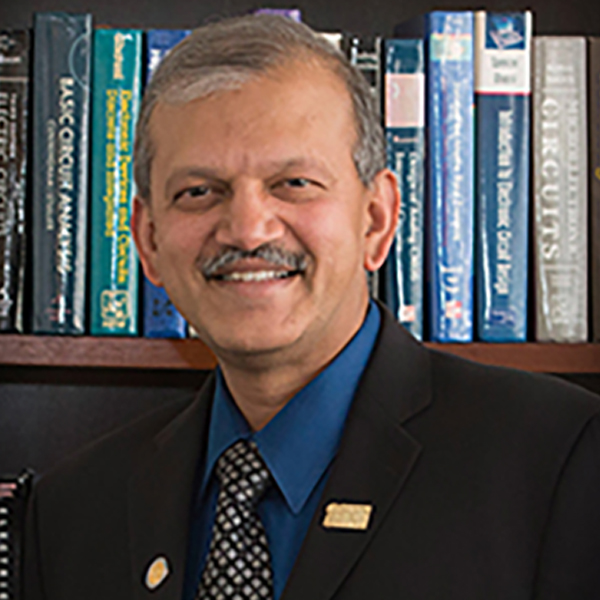
S.K. Ramesh
California State Northridge
S. K. Ramesh is a Professor of ECE and Director and Lead PI of the AIMS2 program. As the Dean at CSU Northridge, Ramesh has forged a strong relationship between the college and the professional engineering community through innovative programs such as Tech Fest, and the annual Senior Design Project Showcase. His efforts have strengthened the pipeline and helped students explore their career options while encouraging academic excellence.
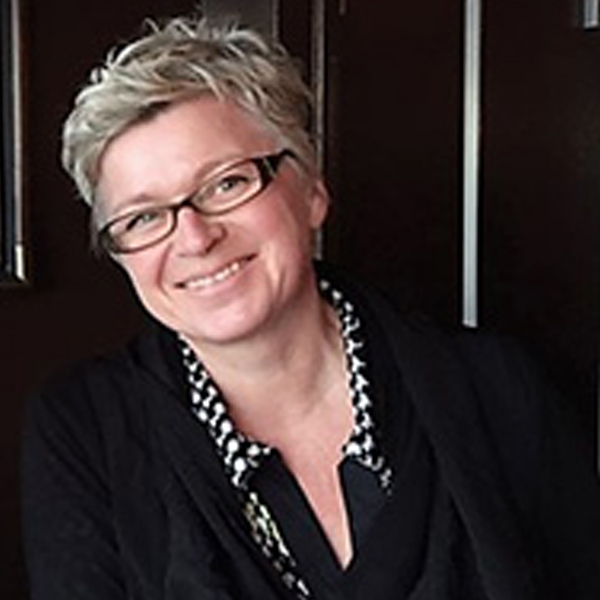
Dorthe Wildenschild
Oregon State University
Dorthe Wildenschild is a professor of environmental engineering whose research focuses on flow and transport in porous media to help answer questions about subsurface water pollution and energy-related storage issues. Recent work includes optimization of geologic storage of anthropogenic CO2 in subsurface reservoirs; exploration of colloid-facilitated transport of contaminants in groundwater; microbial enhanced oil recovery; and investigations in support of more effective groundwater remediation techniques. She is currently the PI for an NSF-funded instrument development that will bring a state-of-the-art 3D imaging facility to OSU this coming spring.
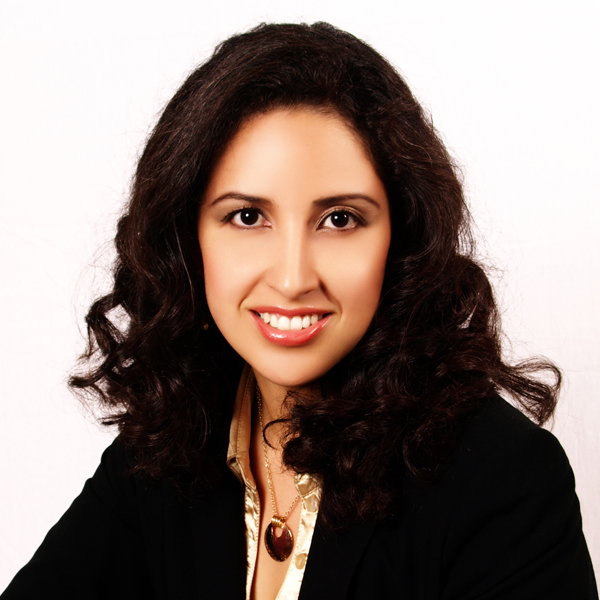
Rocio Chavela Guerra
ASEE
Dr. Rocio Chavela Guerra is the Director of Education and Career Development with the American Society for Engineering Education. There she promotes success in engineering careers with an emphasis on college students, faculty, academic administrators, and diverse populations.

Marci Levine
Lehigh ADVANCE
Marci Levine is the Lehigh ADVANCE Project Manager. She has six years of scientific program management experience at an international non-profit organization to promote the use of sound science in food safety and nutrition public health policies across industry, academia and governments. She earned a Ph.D. in Nutritional Sciences from Purdue University, focusing on molecular nutrition. Marci is excited to be a part of the institutional transformation anticipated at Lehigh University through the NSF ADVANCE grant.
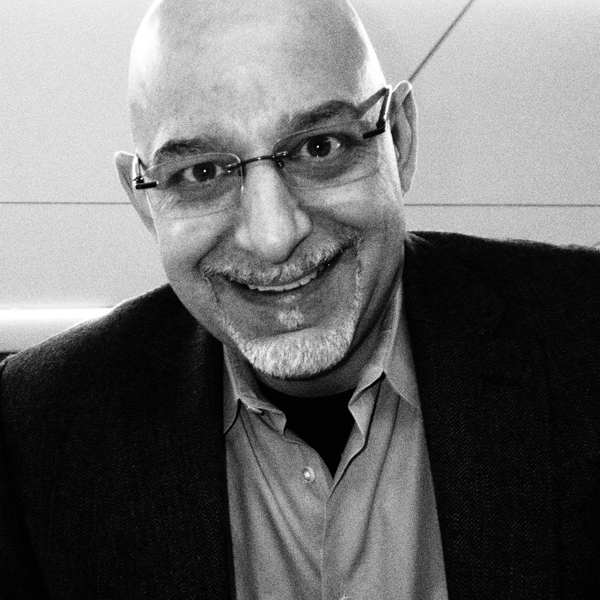
Doug Melton
Kern Family Foundation
Dr. Doug Melton, a director for the Entrepreneurial Engineering Program at The Kern Family Foundation, is passionate about developing engineering education that fosters an entrepreneurial mindset in students. Melton works closely with faculty and administrators at the universities that comprise the Kern Entrepreneurial Engineering Network (KEEN), which works to develop future generations of entrepreneurially minded engineers by investing in initiatives and programs at select institutions of higher learning.
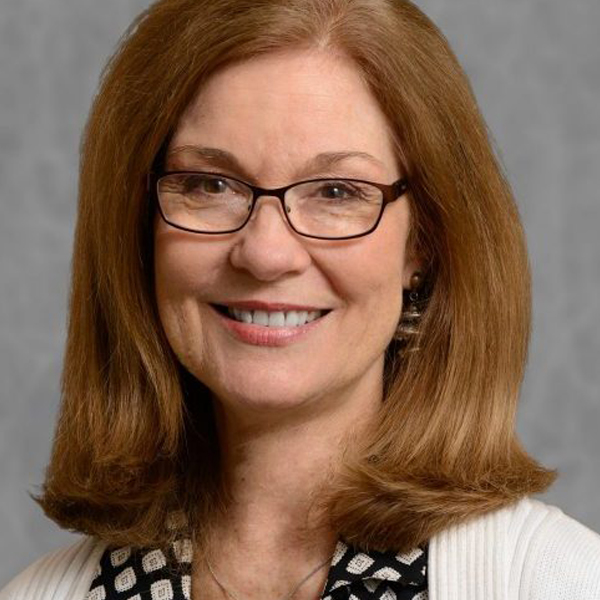
Barbara Smith
North Carolina State University
Barbara Smith is the Assistant Director of Faculty Advancement and North Carolina State University’s College of Engineering. There she works to equip faculty with skills to address early career challenges, catalyze peer-to-peer mentoring, connect faculty with funding agencies, and celebrate exemplary mentors.
ASU EFIC Team
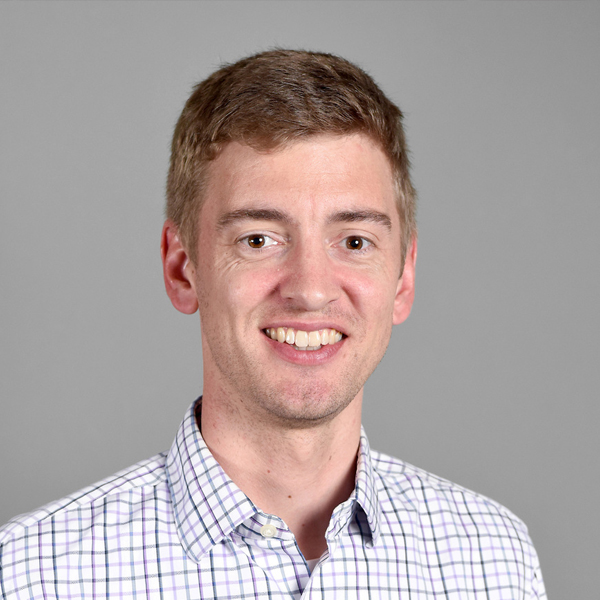
Dan Aukes
Daniel Aukes is an assistant professor in engineering at the Polytechnic School. He focuses on developing design tools for robotics and mechatronics applications, focusing on new manufacturing technologies. Most recently he worked with Rob Wood and the Harvard Microrobotics Laboratory, focusing on the design and manufacturing of laminate robots as a Wyss Institute Postdoctoral Fellow in Technology Development at Harvard University.
He received his Ph.D. and M.S. in mechanical engineering from Stanford University in 2013 and 2009, respectively, studying the design of underactuated robotic hands under Mark Cutkosky. He worked from 2004 to 2007 as a system integration engineer across a variety of industries, focusing on manufacturing and food processing automation. He received his B.S. in mechanical engineering from Northwestern University in 2004.
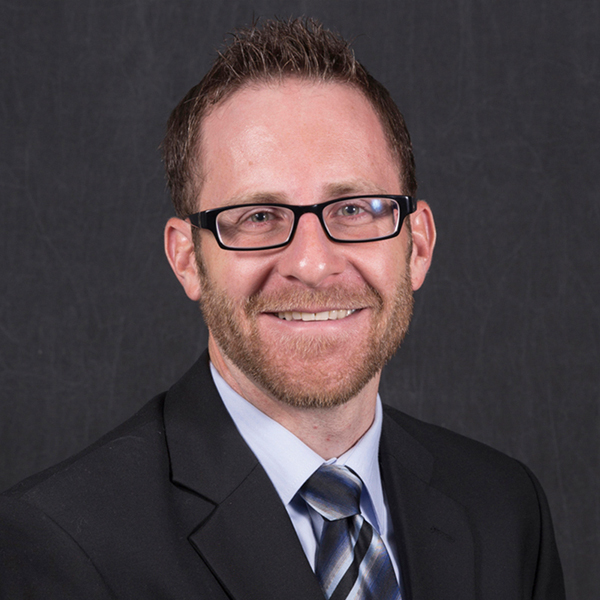
Adam Carberry
Adam Carberry is an associate professor in The Polytechnic School within Arizona State University’s Fulton Schools of Engineering. He currently teaches use-inspired design courses utilizing a project-based approach. His primary areas of expertise and interest within the broad discipline of engineering education include: 1) developing new classroom innovations and assessment techniques (e.g., alternative pedagogies, reflection, and grading systems), and 2) identifying new ways to empirically understand how engineering students and educators learn (e.g., assessments of personal beliefs, expectations, values, risk-taking, and mindsets). He is also currently collaborating with ASU colleagues to better understand faculty pedagogical risk-taking and the broad construct of entrepreneurial mindset.
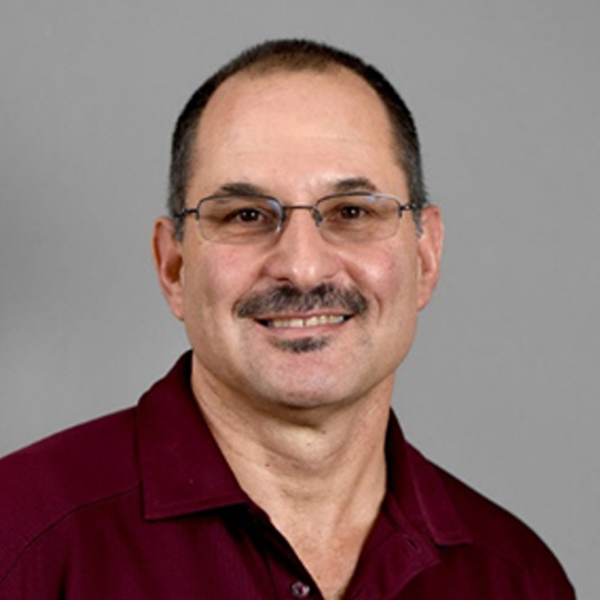
Gary Lichtenstein
Gary Lichtenstein, Ed.D., is Director of Program Effectiveness for the EM@FSE initiative in the Ira A. Fulton Schools of Engineering. He has over 25 years’ experience in program design and development, administration, and evaluation, and has consulted with universities, state and federal agencies, school districts, and non-profit organizations nationwide. He has published in the areas of engineering retention, engineering entrepreneurship, and refugee integration.
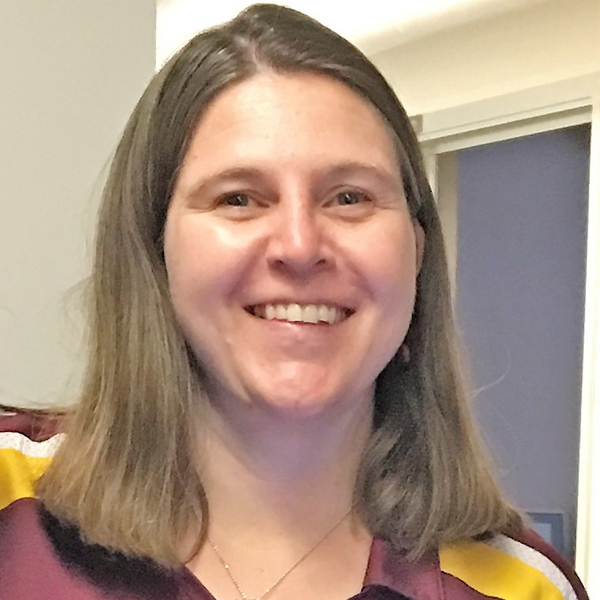
Jennifer Bekki
Jennifer Bekki is an assistant professor in the Department of Engineering at Arizona State University-Polytechnic. She joined the faculty in August 2008 after completing her PhD in Industrial Engineering from the Fulton School of Engineering at ASU. While completing her doctoral studies, Dr. Bekki spent time working at Intel Corporation as a manufacturing modeling engineer, designing and building optimization tools/models relevant to the semiconductor industry. Dr. Bekki’s current research interests include the modeling and analysis of complex manufacturing systems, the application of simulation modeling to real-world stochastic processes, and the development of new simulation methodologies. She is a member of the Institute for Operations Research and the Management Sciences (INFORMS), the Institute of Industrial Engineers (IIE), the American Society for Engineering Education (ASEE), and the Society for Women Engineers (SWE).
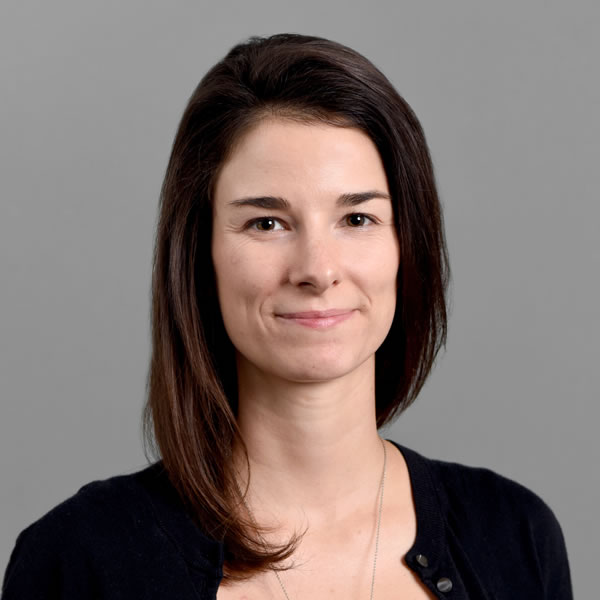
Julianne Holloway
Julianne L. Holloway is currently an Assistant Professor in Chemical Engineering at Arizona State University, where she began in 2016. Julianne received her Ph.D. in Chemical Engineering at Drexel University in 2012. Her postdoctoral research was performed with Prof. Jason Burdick in the Bioengineering Department at the University of Pennsylvania. Through her research on engineering hydrogels for synergistic biomolecule delivery, she was awarded the National Institute of Health Ruth L. Kirschstein National Research Service Award Postdoctoral (NIH NRSA F32) Fellowship. Her research interests are in the field of tissue engineering, with a focus on designing materials to mimic the native biochemical and biophysical cues of musculoskeletal tissues. Julianne is committed to service and teaching, where she was serves on the Editorial Board of Regenerative Biomaterials, as an Associate Scientific Advisor for Science Translational Medicine, and as the Chair for the Society for Biomaterials’ Young Scientists Group.
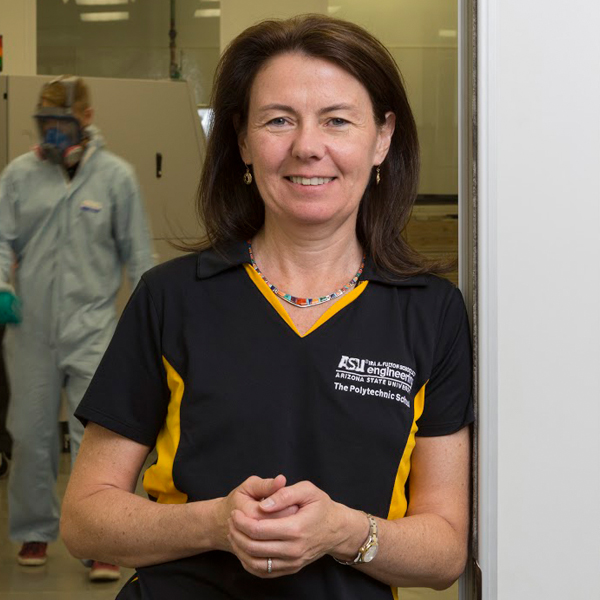
Ann McKenna
Ann F. McKenna is a Professor and Director of the Polytechnic School in the Ira A. Fulton Schools of Engineering at Arizona State University (ASU). Prior to joining ASU she served as a program director at the National Science Foundation in the Division of Undergraduate Education, and was on the faculty in the Department of Mechanical Engineering and Segal Design Institute at Northwestern University. Dr. McKenna received her B.S. and M.S. degrees in Mechanical Engineering from Drexel University and Ph.D. from the University of California at Berkeley.
Dr. McKenna’s research focuses on understanding the cognitive and social processes of design, design teaching and learning, the role of adaptive expertise in design and innovation, the impact and diffusion of education innovations, and teaching approaches of engineering faculty.
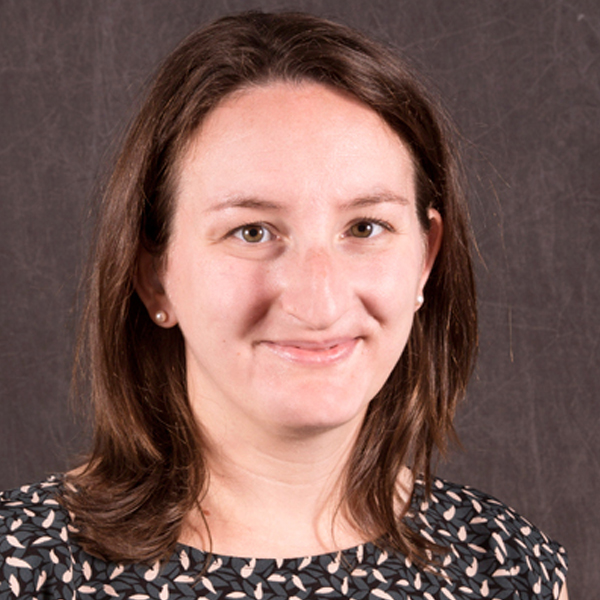
Sam Brunhaver
Samantha Brunhaver, PhD, is an Assistant Professor within The Polytechnic School at Arizona State University. She teaches undergraduate courses in user-centered design and engineering mechanics in the Polytechnic engineering program. Her research uses longitudinal and mixed-method (surveys and interviews) data to examine the career pathways and persistence of engineering students, engineering graduates, and practicing engineers. She also conducts studies of new engineering pedagogy with aim to improve student engagement and learning.
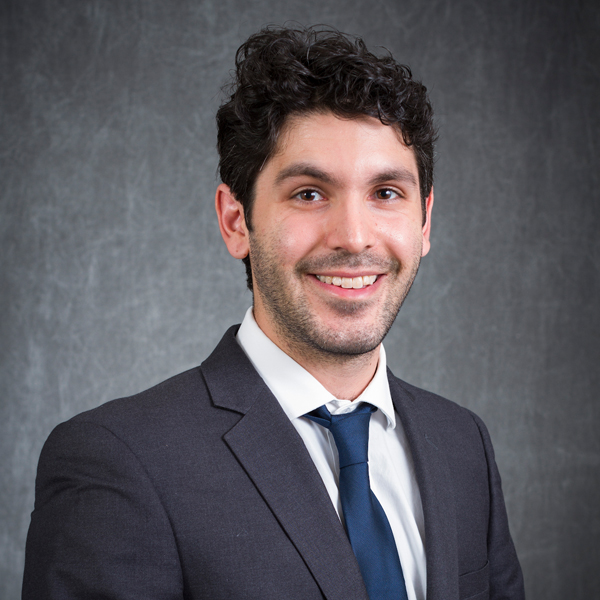
Mark Huerta
Mark Huerta is a PhD Candidate in Engineering Education Systems and Design at the Polytechnic School of Arizona State University. He supports the development of EFIC and related research studies – including customer discovery research with deans to understand their perspective on faculty development. He received the Barrett Alumni for Early Career Achievement for helping to establish the 33 Buckets Foundations, which works to provide safe water for people in underdeveloped countries.
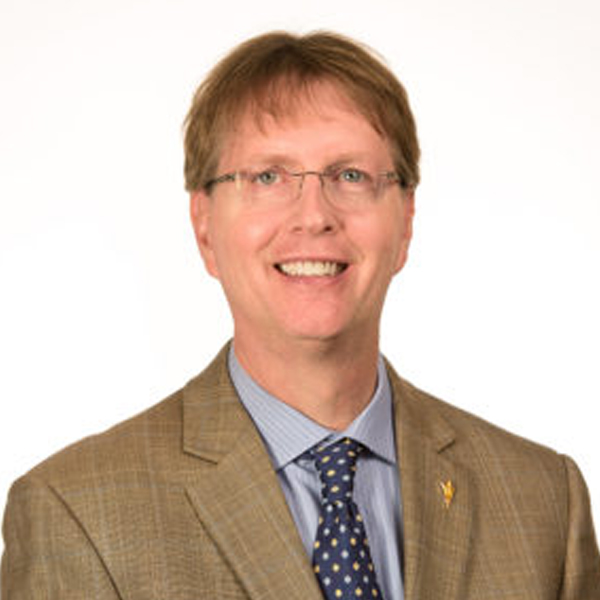
Kyle Squires
Kyle Squires serves as the dean for the Ira A. Fulton Schools of Engineering at Arizona State University. Previously, he served as the vice dean and interim dean for the Fulton Schools and as director of the School for Engineering of Matter, Transport and Energy (SEMTE), one of the six Ira A. Fulton Schools of Engineering. As SEMTE director, he oversaw degree and research programs in aerospace engineering, chemical engineering, materials science and engineering, mechanical engineering and the professional science master’s program in solar energy engineering and commercialization.
Professor Squires leads the advancement of the Fulton Schools, focused on global leadership in engineering education and research and innovation at scale. Central to the student experience is the “Fulton Difference” – opportunities beyond the classroom that include signature undergraduate and graduate research, peer mentoring, entrepreneurship, student organizations, internships, and community service.